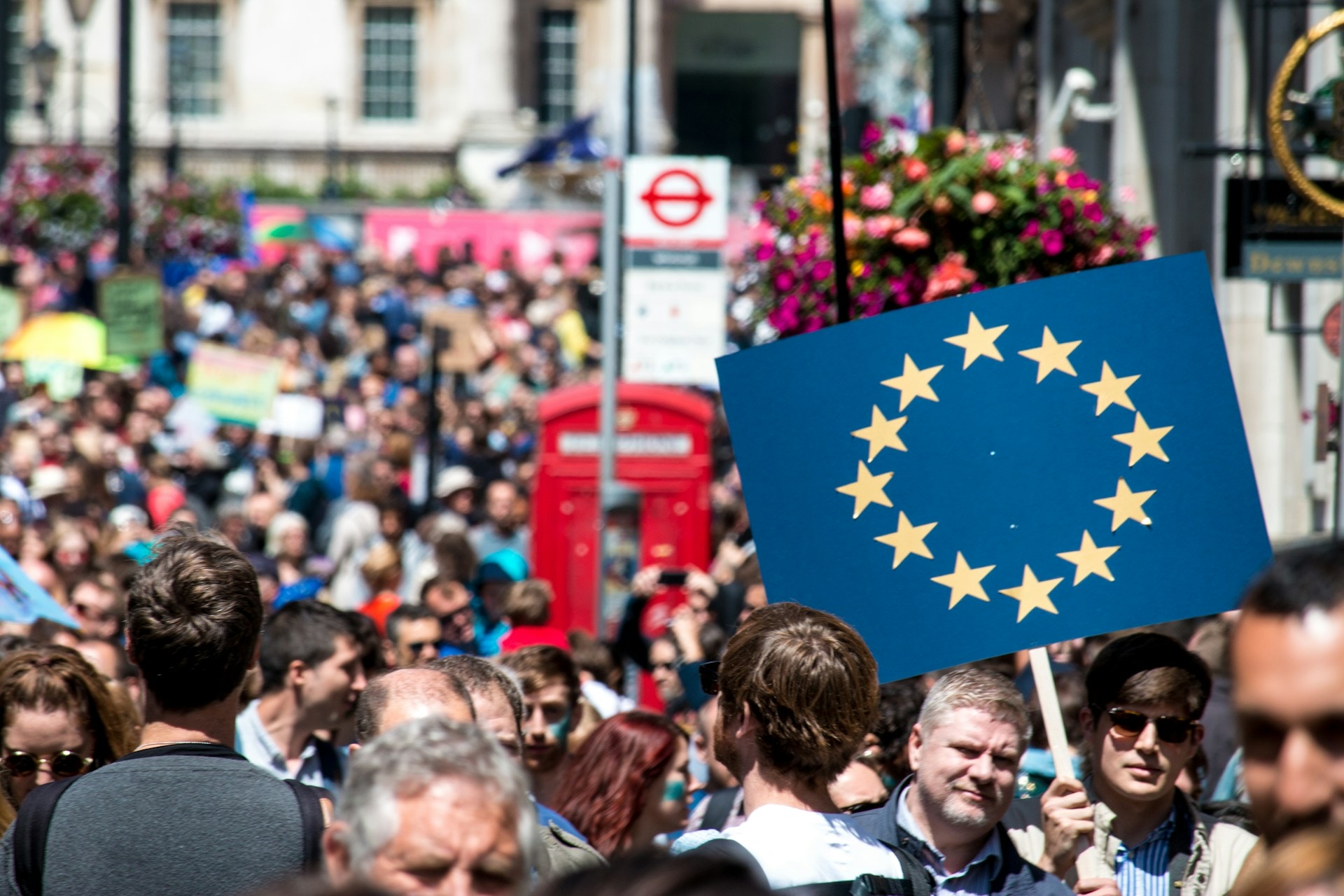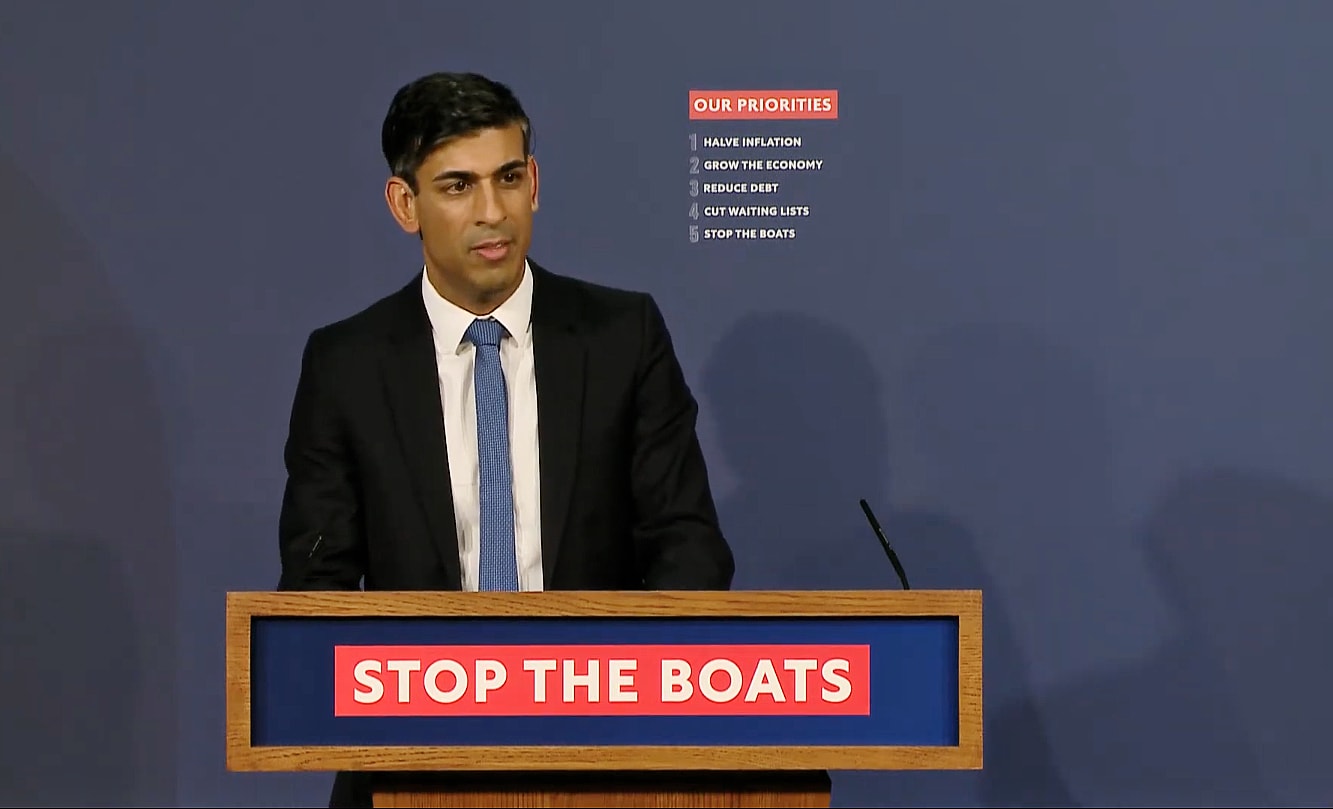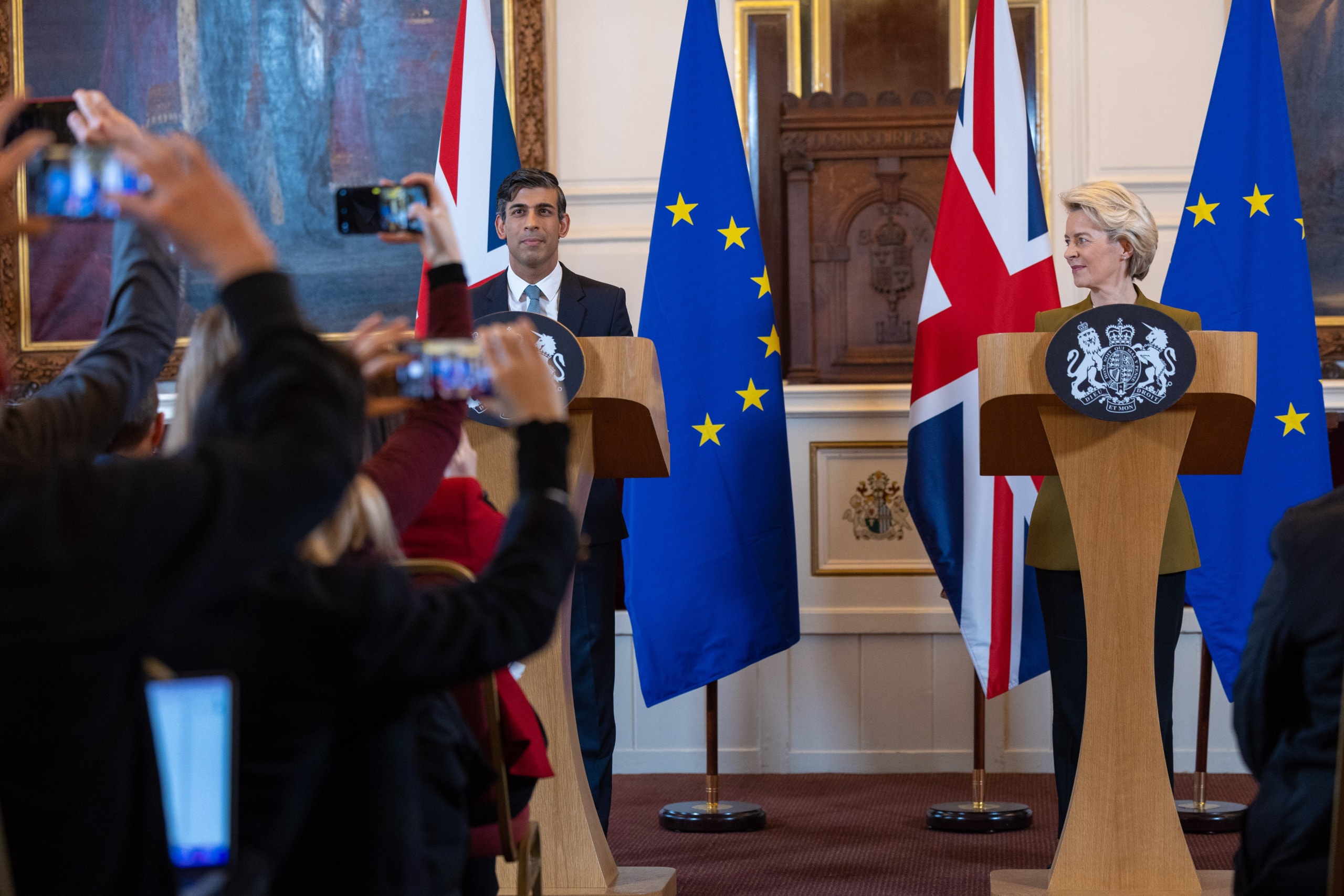The number of irregular migrants attempting to cross the Channel from France to the UK has more than doubled in a year. About 15,000 migrants had either attempted or successfully crossed by August 31, but Britain’s Home Office now believes the number exceeds 20,000. That is a 235% increase in comparison to the year 2020, when 8,500 people crossed.
Recently, several media and news outlets have taken these figures in a bid to incite a renewed debate on whether the UK’s harsher immigrations laws are justified. They are encouraging emotions of worry, anger, and anxiety by questioning whether this means that we will soon be entering a Channel crossing “crisis,” with the UK soon-to-be invaded by immigrants.
Even the BBC News has hopped onto this trend by including sources and sentences which ignite concern: “a Whitehall source accused France of losing control of the situation.”
In reality, none of this is true. The statistics for asylum applications and those for illegal boat crossings diverge and are not following similar trends. There were 31,115 asylum applications in the UK in the year ending in June 2021, 4% fewer than the previous year. That is considerably lower than what the 235% increase in boat crossings would imply in terms of the total number of asylum applications.
Let’s also add that the numbers in Calais, whilst unknown, are believed to be significantly lower than they have been in the past. It is believed that between 800 to 900 asylum seekers are in Calais, far below the 2016 peak when the city housed nearly 10,000 people.
Once you debunk the figures, and align them with the UK’s current immigration policies, an increase in boat crossing through the channel is simply the expected outcome rather than the result of an increase in irregular migrants entering the country. In no case should this figure be used to justify any more draconian immigrations laws.
Why have Channel crossings increased?
As the UK continues to vilify and criminalise irregular immigrants through the implementation of ever-more draconian immigration laws, future asylum seekers will have little choice but to undertake illegal and more unsafe routes.
The UNHCR representative to the UK has said that more stringent checks on trucks and lorries, together with the coronavirus pandemic, have deterred smugglers and migrants from using the roads in a bid to reach the UK.
Since 2013, a greater number of border dogs have been trained to detect the “bad guys” (as the UK Government likes to call them), followed by carbon dioxide detectors which flag when someone is breathing inside lorries. The UK has also installed a random scan check of lorries. As a result, the average crossing time using lorries has extended from weeks to months, inciting migrants to use inflatable boats to cross the Channel.
“Limited access to, or inadequate safe and legal avenues, are contributing to more people taking alternative means, including crossing the channel in small boats,”
— UN International Organisation for Migrations (IOM) spokesperson.

Furthermore, as a result of “Brexit,” the UK is no longer part of the Dublin III Regulation — a European Union law that determines which EU member state is responsible for the examination of an application for asylum.
By leaving Europe, the UK has had to opt out from this mechanism, along with its access to the Eurodac fingerprint database, which has effectively made it impossible to prove whether an irregular migrant had passed through a “safe” European country before reaching the UK.
The act of hiding in a lorry has become more and more cumbersome and safe routes no longer exist or remain inaccessible. The number of irregular migrants crossing using inflatable boats is, thus, to be expected. That is even more true since the UK’s removal from the Dublin III Regulation means irregular migrants are less likely to be turned away once at the border, and so, continue to try.
This, by no means, signifies that the number of immigrants are rising, nor that they are decreasing. Currently, it is simply a sign that the majority are now using an even more unsafe route to reach safety and claim asylum in the UK.
The UK Government take a draconian stance
The increase in Channel crossings has seen the Conservative government adopt a much tougher and aggressive line on illegal migration, with many critics believing this is nothing more than a “deliberate political construct.”
In leaving the European Union, the UK hoped it could strike a few bilateral deals with individual European countries in a bid to reinstate a similar mechanism to that of the Dublin III regulation. Its departure meant that a greater number of asylum seekers were languishing within the asylum application systems for an extended period of time.
Priti Patel, the UK’s Home Secretary, uses this “backlog” to justify her new Nationality and Borders Bill.

This new bill, currently in the final stages of debates in the House of Commons, involves the implementation of a two-tier system whereby those who enter the UK illegally will face harsh and punitive sanctions, whereas refugees resettled by official schemes will receive a more comfortable welcome.
It is set to increase prison sentences for irregular migrants from six months to four years, and a maximum of life imprisonment for convicted people smugglers. In addition, asylum claims would automatically be rejected if the claimant has travelled through a “safe” country such as France.
Related Articles: A “New” Pact on Migration and Asylum? | Immigration: A Very Anglo-American Hypocrisy
Priti Patel also issued a UK-France Joint Statement in July 2021 about the “next phase of collaboration on tackling illegal migration.” As revealed in the statement, the UK pledged to “invest” €63 million to help France equip and increase its patrols and police at the border, since boat crossings were considered to pose an “unacceptable humanitarian risk to vulnerable victims.”
This is where the UK’s convoluted logic comes into play. The Conservative government hopes that by making it harder to claim asylum in the UK, they will simply deter irregular immigrants from coming all together.
Priti Patel’s proposal cannot stop the global factors that drive migration, but simply maintains the happiness of anxious domestic voters in a bid to preserve positive electoral ratings.
In short, the new Nationality and Borders Bill will not reduce the number of migrants that will attempt to enter the UK illegally. Only a tiny fraction of the world’s refugee population is resettled via official schemes, leaving many with no other option but to attempt dangerous journeys.
What the UK sees as an “unacceptable humanitarian risk to vulnerable victims” is in reality a result of the complete closure of safe and legal routes — the only remaining way vulnerable victims can seek safety and claim asylum in the UK.
Editor’s Note: The opinions expressed here by Impakter.com columnists are their own, not those of Impakter.com. — In the Featured Photo: Refugees on an inflatable boat crossing. Featured Photo Credit: Wikimedia Commons.














